Attio vs Folk

Comparing the two up-and-coming next generation CRMs.
CRMs are notoriously clunky and slow. Yet, they're one of the most vital pieces of software you'll need to choose to run your business.
Modern startups need tools as quick and adaptable as they are. This is where next-gen CRMs like Attio and Folk come into play.
These two startups are part of a wave of companies bringing consumer-grade design principles to B2B SaaS. Below, we'll break down each of these tools and help you decide whether Attio or Folk is right for you.
Who are Attio and Folk for?
If you're running a startup, you need tools that get the job done without a steep learning curve or a hefty price tag. That's exactly where these modern CRMs come into play. They're designed to be intuitive, so you waste less time figuring out how to use and manage them.
However, it's worth noting that while these platforms are fantastic for startups in their early days, they might not tick all the boxes for larger enterprises. The reason? They're streamlined for ease of use and speed, which means they might not have the exhaustive list of features that a behemoth like Salesforce offers. So, if your business is at a point where it needs very specific, advanced functionalities, Attio and Folk might feel a bit too simple.
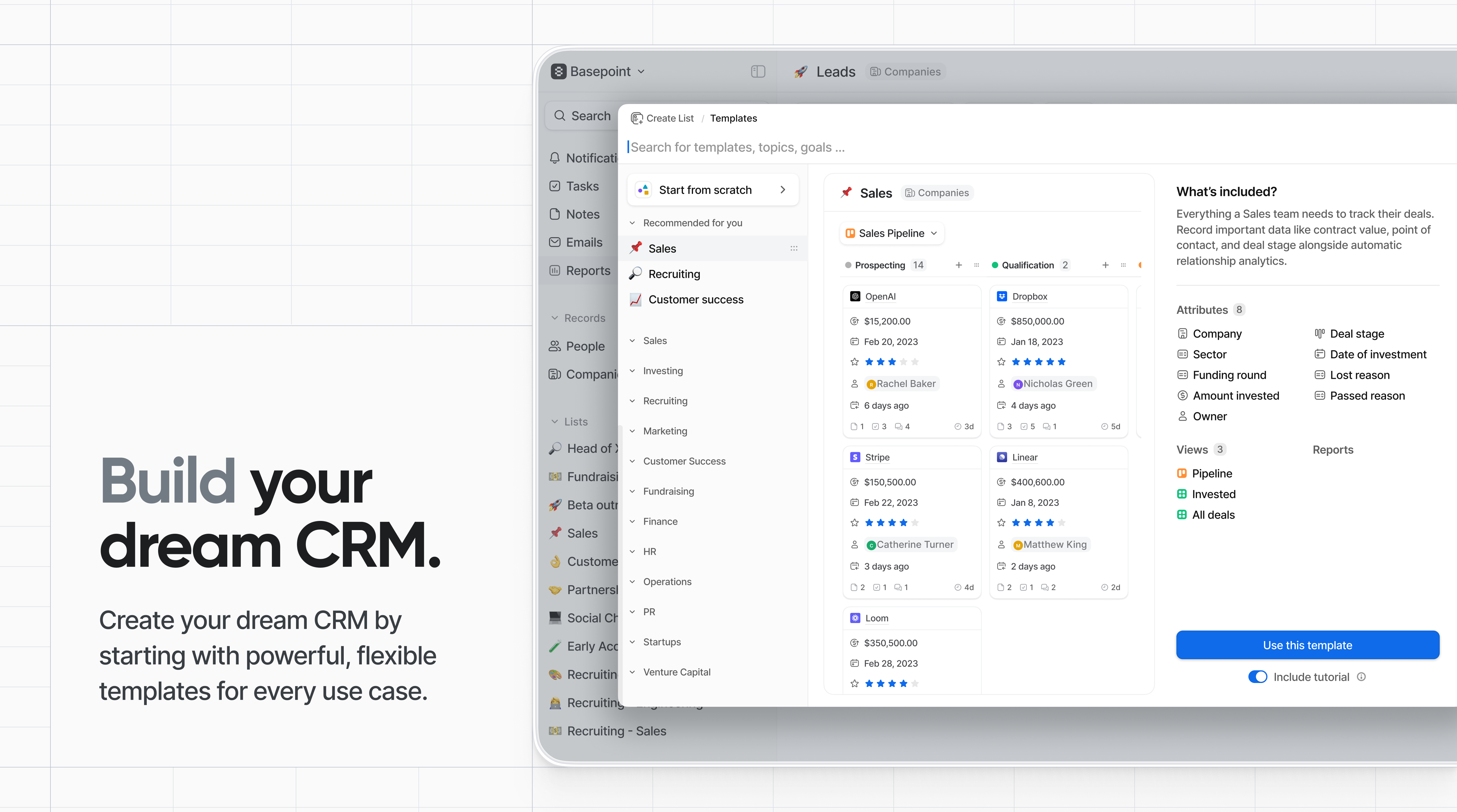
But for those looking to build their early customer base without getting bogged down by overly complex systems, next-gen CRMs are the way to go. They offer the essential features you need to manage your leads effectively, without the extra fluff that can slow you down. In a few years, as these platforms evolve, they might just grow into the full-featured giants that larger businesses need. But for now, they're the perfect fit for startups looking to stay agile and efficient.
About Attio
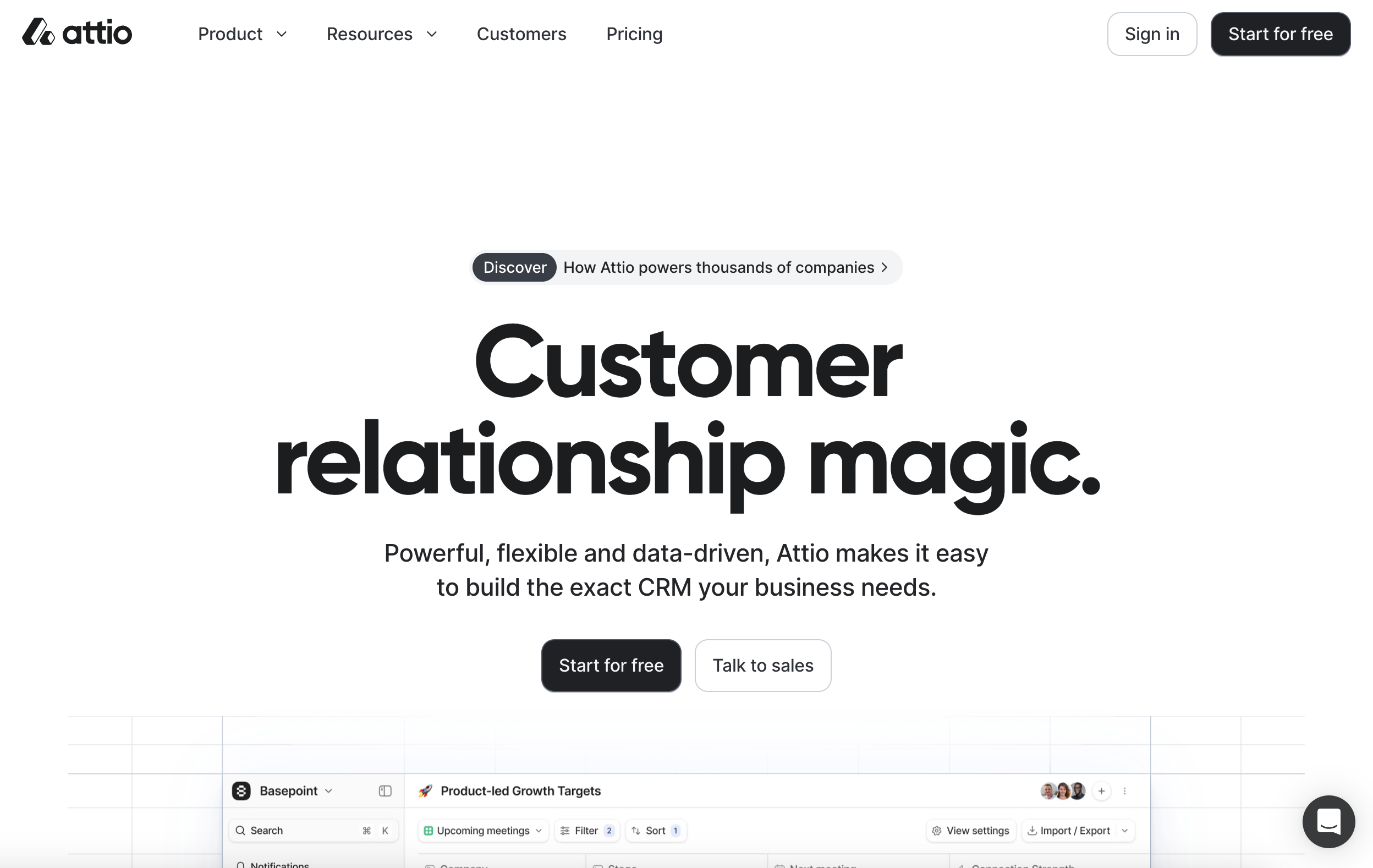
Many consider Attio the leader in the next-gen CRM space. Founded in London by Nicolas Sharp and Alexander Christie in November 2019, they've gained significant traction and mindshare.
The company has raised a total of $31.2M, including a $23.5M Series A announced in March 2023 from investors like Redpoint, Balderton, and Point9. They count Coca-Cola, Dopt, and Plain as some of their customers.
About Folk
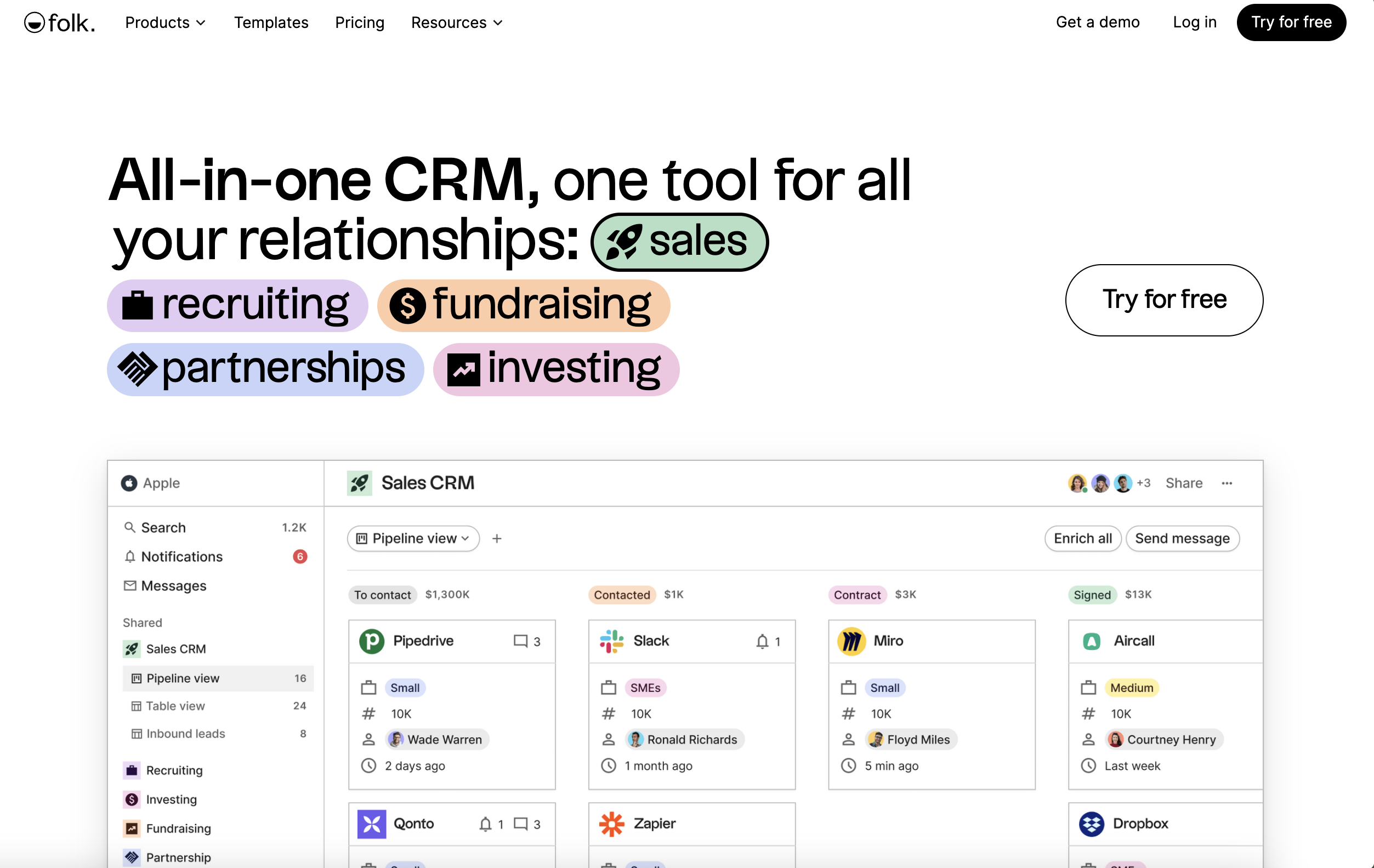
Folk is the brainchild of Thibaud Elziere who launched the company out of his startup studio eFounders in 2020. Originally based in France and now fully distributed, Folk has also gained traction in the next-gen CRM space.
The company has raised $4.5M in total from investors such as Accel.
Where Attio and Folk are similar
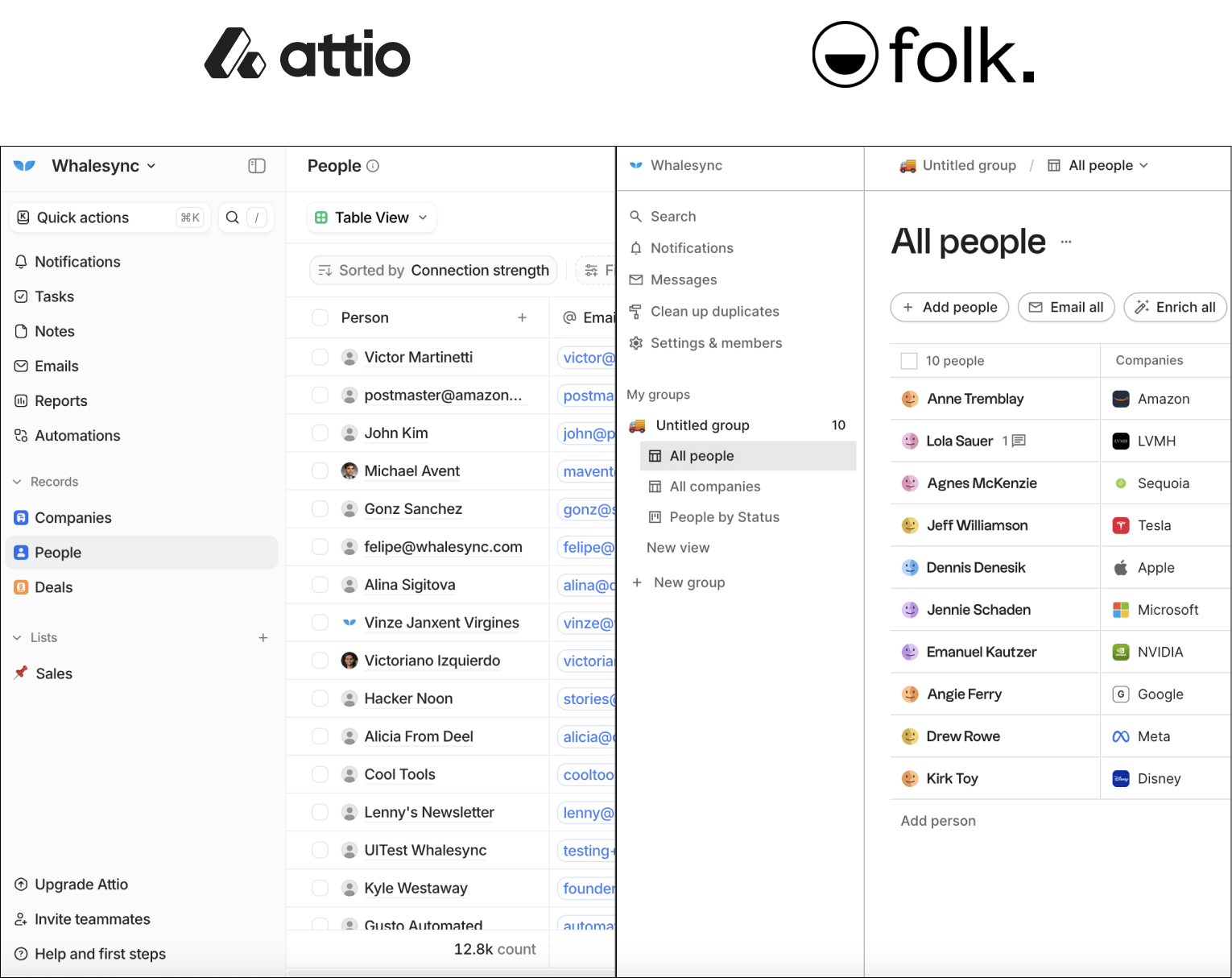
As competitors in the next-gen CRM space, Attio and Folk share a number of similiarities.
Right off the bat, what you'll notice is their modern UI design. Attio and Folk both feel more like Notion or Linear than HubSpot and Salesforce.
Secondly, they both prioritize customization, allowing users to tailor the CRM to their needs - a stark contrast to the more rigid structures of Salesforce or Pipedrive. While there are drawbacks compared to the plug-and-play nature of traditional CRMs, the flexibility to build your own workflows is incredibly useful.
Pricing for both platforms is designed to be startup-friendly, with Attio's plans starting at $34 per user per month and Folk at $24. Attio introduces more variety in its pricing structure, offering a free tier and a Pro tier at $69 per user per month, ensuring affordability in the early stages.
Next, we'll explore the differences between these two platforms, which are considerable once you get into the details.
Where Attio is better
On the surface, Attio and Folk may seem similar but as you start to use the products, you quickly feel the differences
Flexibility of the data model
Attio has a much more robust and flexible data model than Folk. When you enter Attio, it it quickly guides you to its core concepts of Companies, People, and Deals. It then allows you to customize that data model however you like creating new objects or lists.
Comprehensive CRM features
Attio also elevates other concepts you might find in a traditional CRM like Tasks, Notes, and Reports. While Folk has some features here, they're more hidden behind the core spreadsheet view. It's clear that Attio is trying to win over sales leaders from tools like HubSpot with more robust reporting.
Powerful automations
Additionally Attio has built robust automations that feel like Zapier. With Attio automatios, you can build step-by-step workflows. Again, this is reminiscent of traditional tools like HubSpot which offer similiar capabilities. Folk has a handful of integrations but nothing quite like Attio's automations.
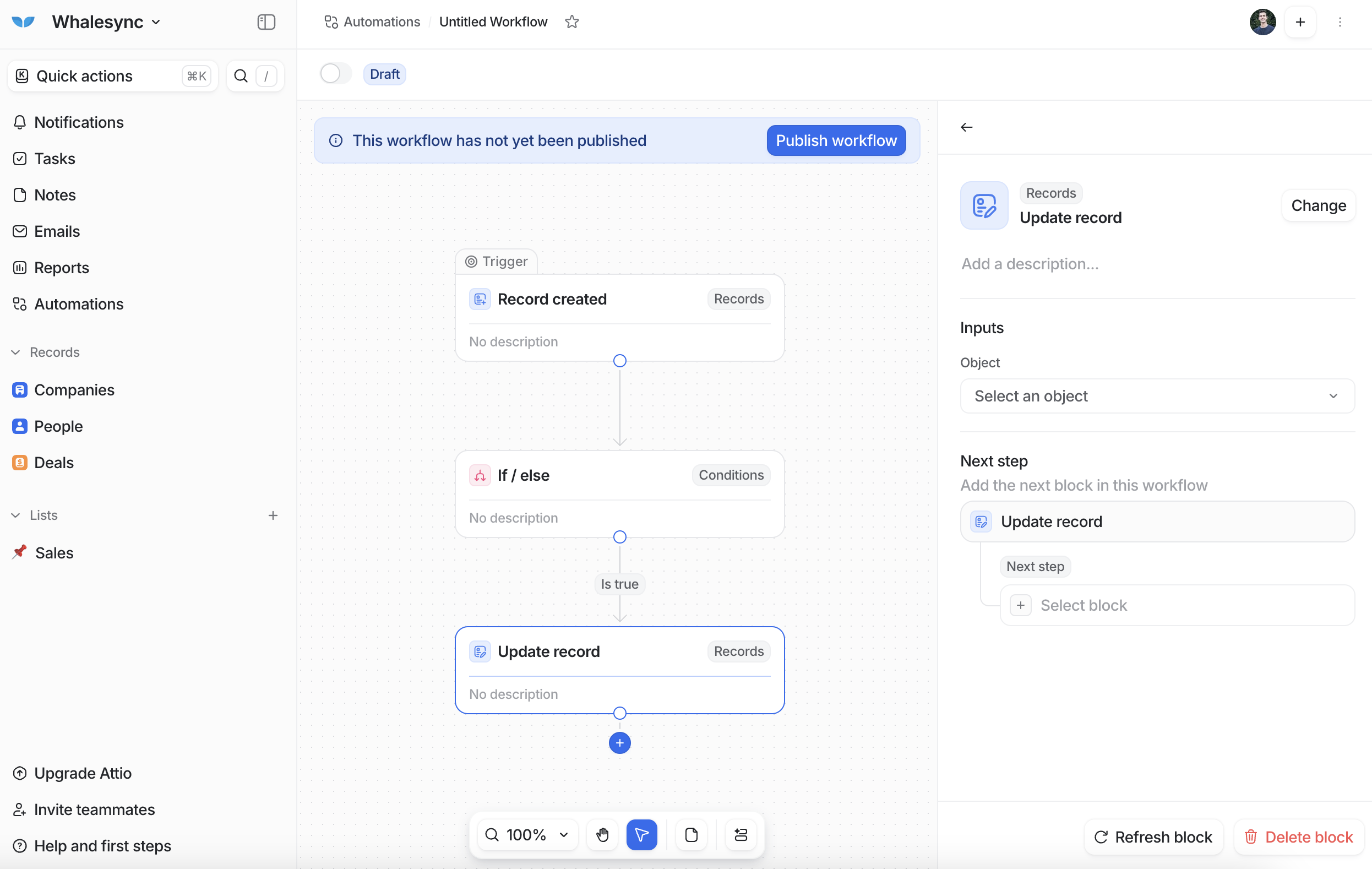
Significant funding
Outside of the product, Attio seems to have gained more traction fundraising than Folk. While that alone is not a benefit, it does indicate that Attio may be more likely to improve over time.
Where Folk is better
Folk distinguishes itself by being very easy for outbound.
More seamless UI
Although Attio and Folk both offer a modern UI, Folk nails it. Attio is just a bit slower whereas Folk feels more like Airtable or Notion.
Chrome extension
Folk offers a free Chrome extension called folkX that makes it super easy to add new contacts to the CRM from LinkedIn or Twitter. I've tried main CRM chrome extensions and Folk's is the very best.
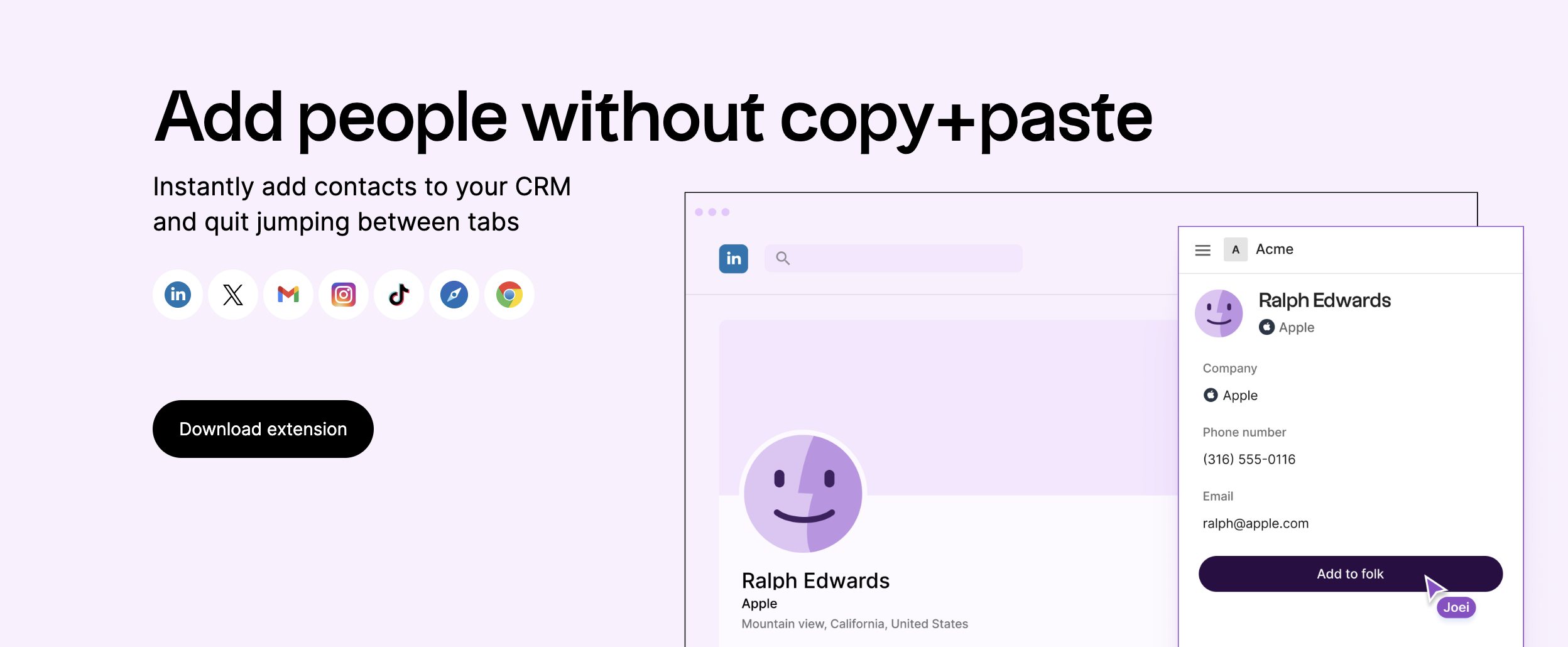
1-click enrichments
As you add contacts to Folk, you can quickly enrich them with companies and email addresses. Folk's 1-click enrichment feature is pretty magical in letting you update contacts.
Conclusion: Attio vs Folk comes down to what you need
When choosing between Attio and Folk for your CRM needs, it's clear that each platform has its own strengths. These strengths meet the different stages and requirements of a startup. Here's a breakdown of their key advantages to help you decide which one aligns best with your startup's journey:
- Attio feels more like a fully-featured CRM, designed for startups that are beyond the initial stages and are looking to build a robust sales operation. Its flexibility and range of pre-built features like Tasks, Notes, and Reports cater to a growing business that values depth and scalability in its tools. Attio encourages a structured approach to managing Companies, People, and Deals, making it suitable for startups that are scaling and need a comprehensive system to manage their growing customer base.
- Folk, on the other hand, is akin to Airtable with added CRM functionalities, making it an excellent choice for very early-stage startups with smaller teams. Its strength lies in simplifying prospecting and outreach through features like a Chrome extension, 1-click enrichments, and emailing capabilities. Folk's user-friendly onboarding and emphasis on ease of use make it a go-to for startups that need to hit the ground running without the complexity of traditional CRMs.
In essence, if your startup is in the phase of quickly reaching out to people and building initial relationships without the need for a heavy CRM, Folk offers a lightweight, efficient solution. It's perfect for those who want to avoid the bulkiness of conventional CRMs but still require more functionality than what's offered by basic spreadsheets.
Conversely, Attio is the better fit for startups that have moved past the earliest stages and are ready to invest in building a more structured sales and customer management operation. It's ideal for startups that find traditional CRMs too cumbersome but still need the advanced features and scalability that such systems provide.
Choosing between Attio and Folk ultimately depends on where your startup currently stands and where you see it heading. Both CRMs offer compelling features, but the best choice for you will hinge on your specific needs, team size, and growth aspirations.
Subscribe for more
Stay up to date with the latest no-code data news, strategies, and insights sent straight to your inbox!
Thank you for subscribing!
Related posts
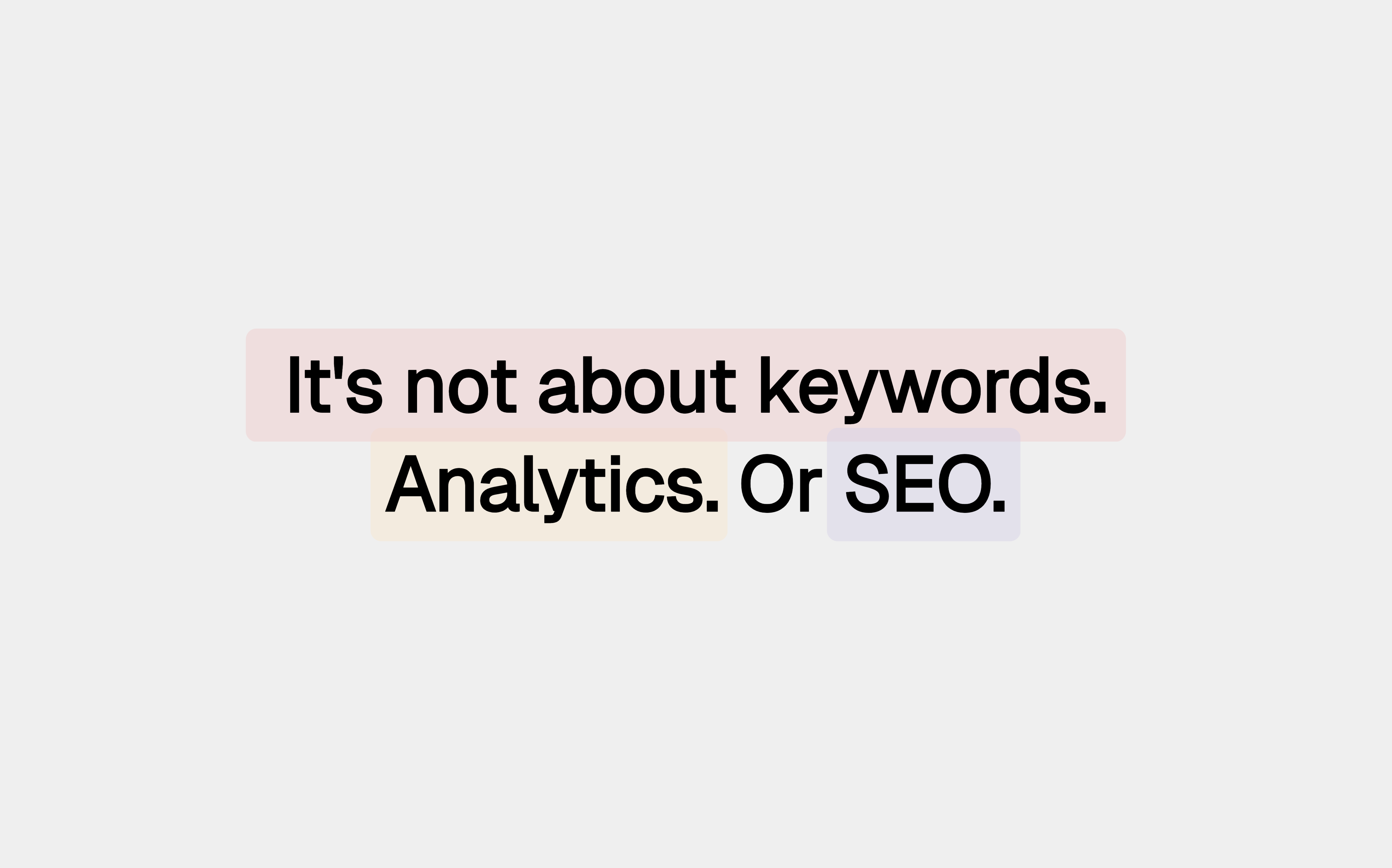



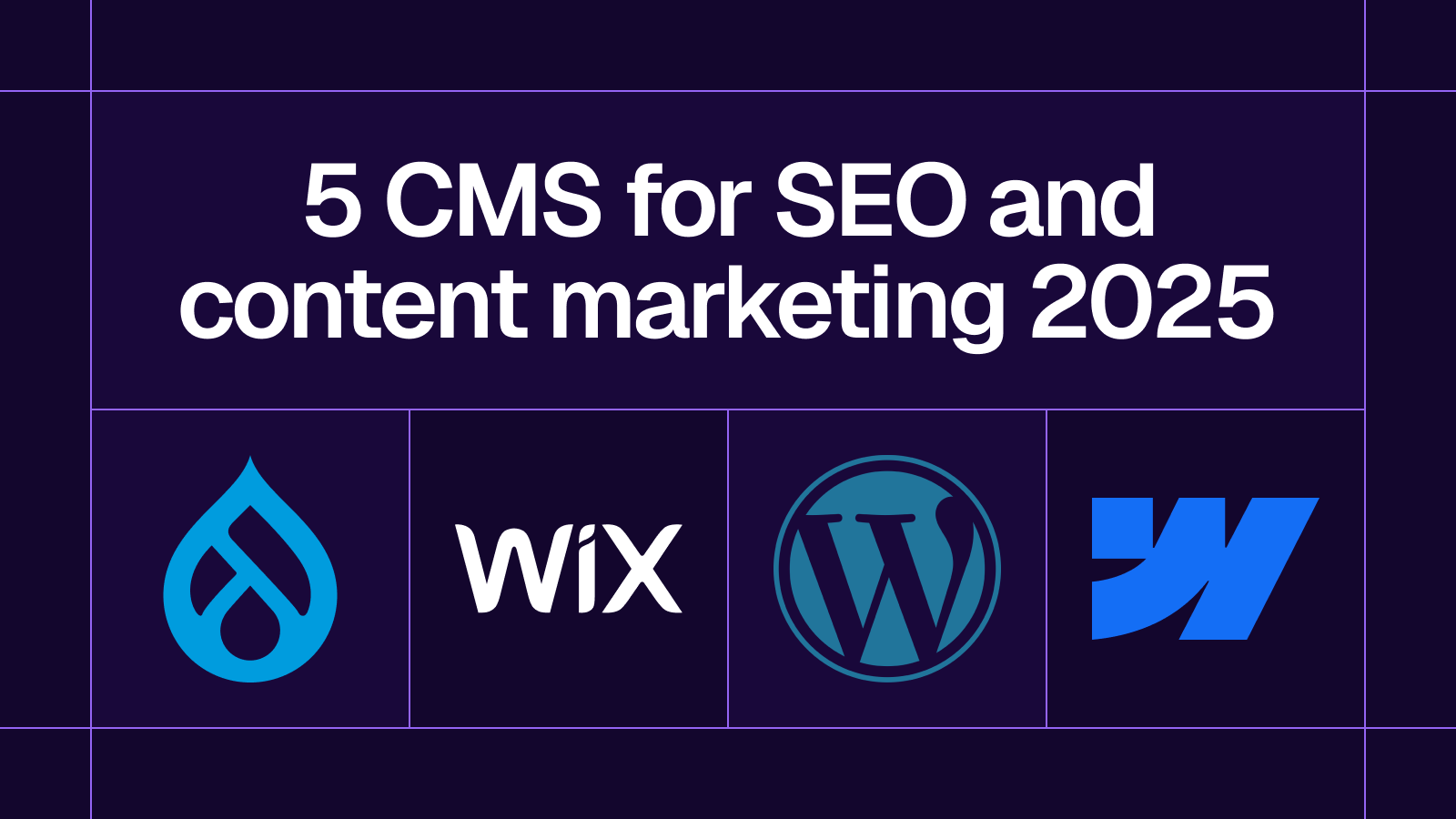
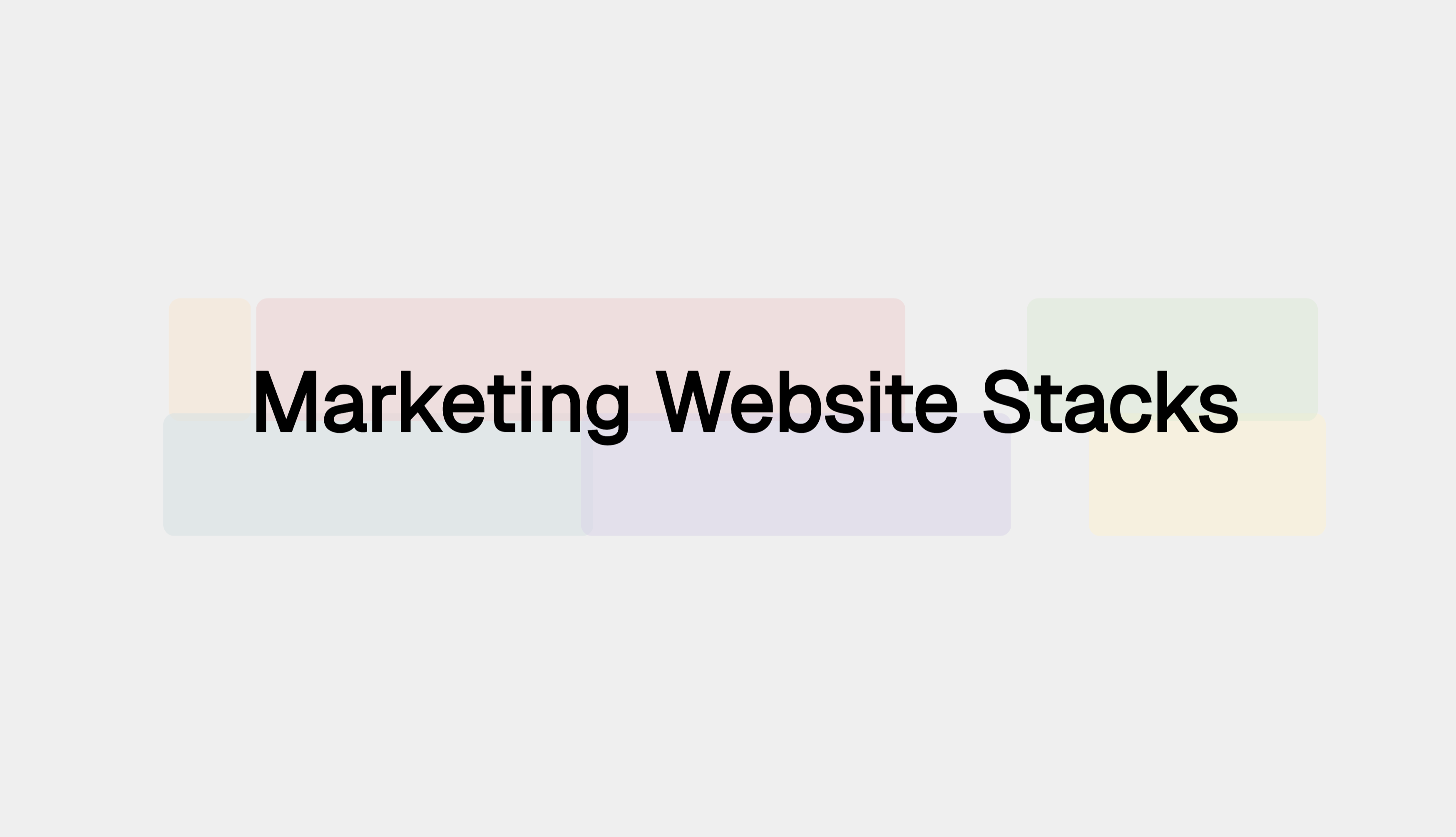
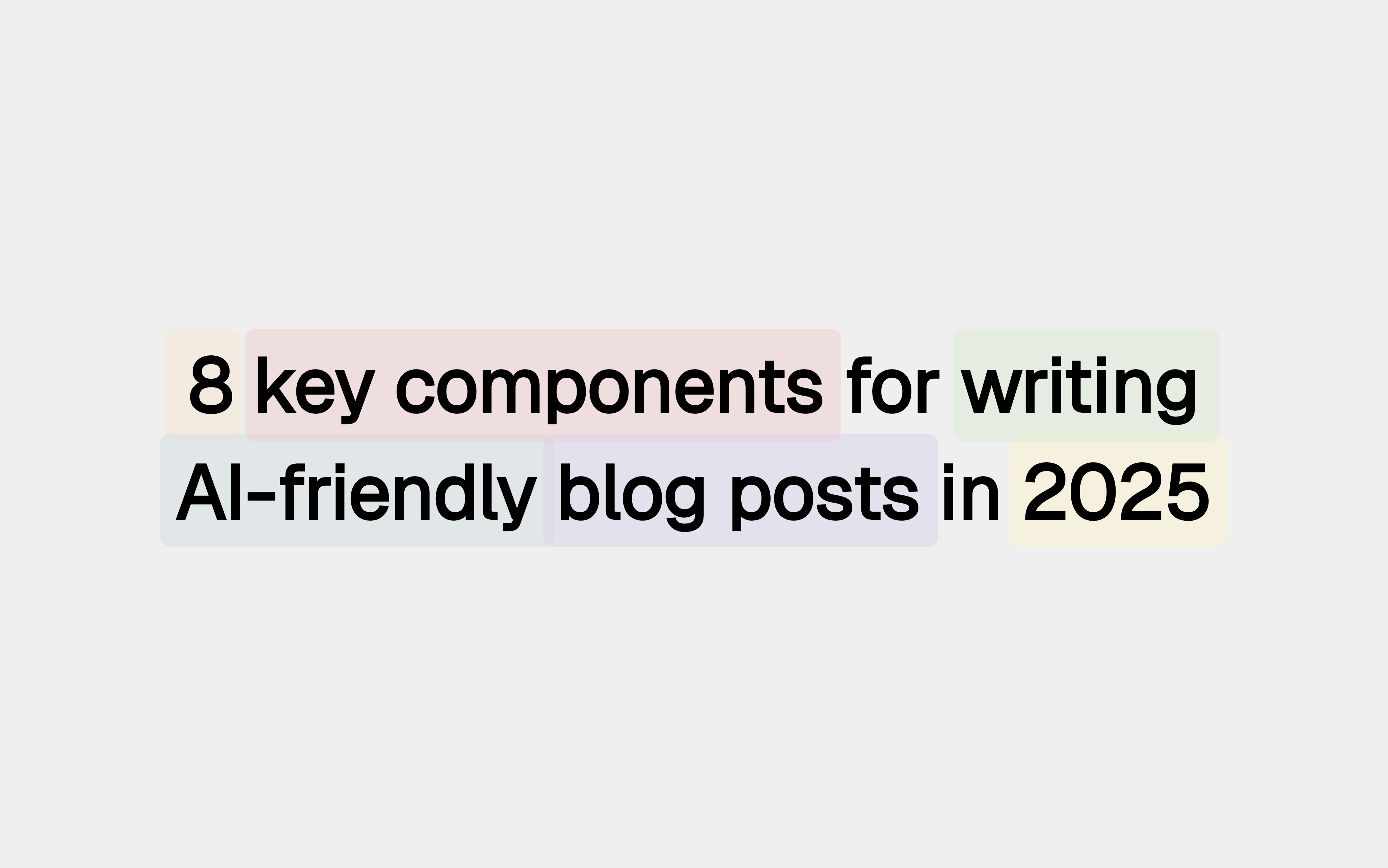
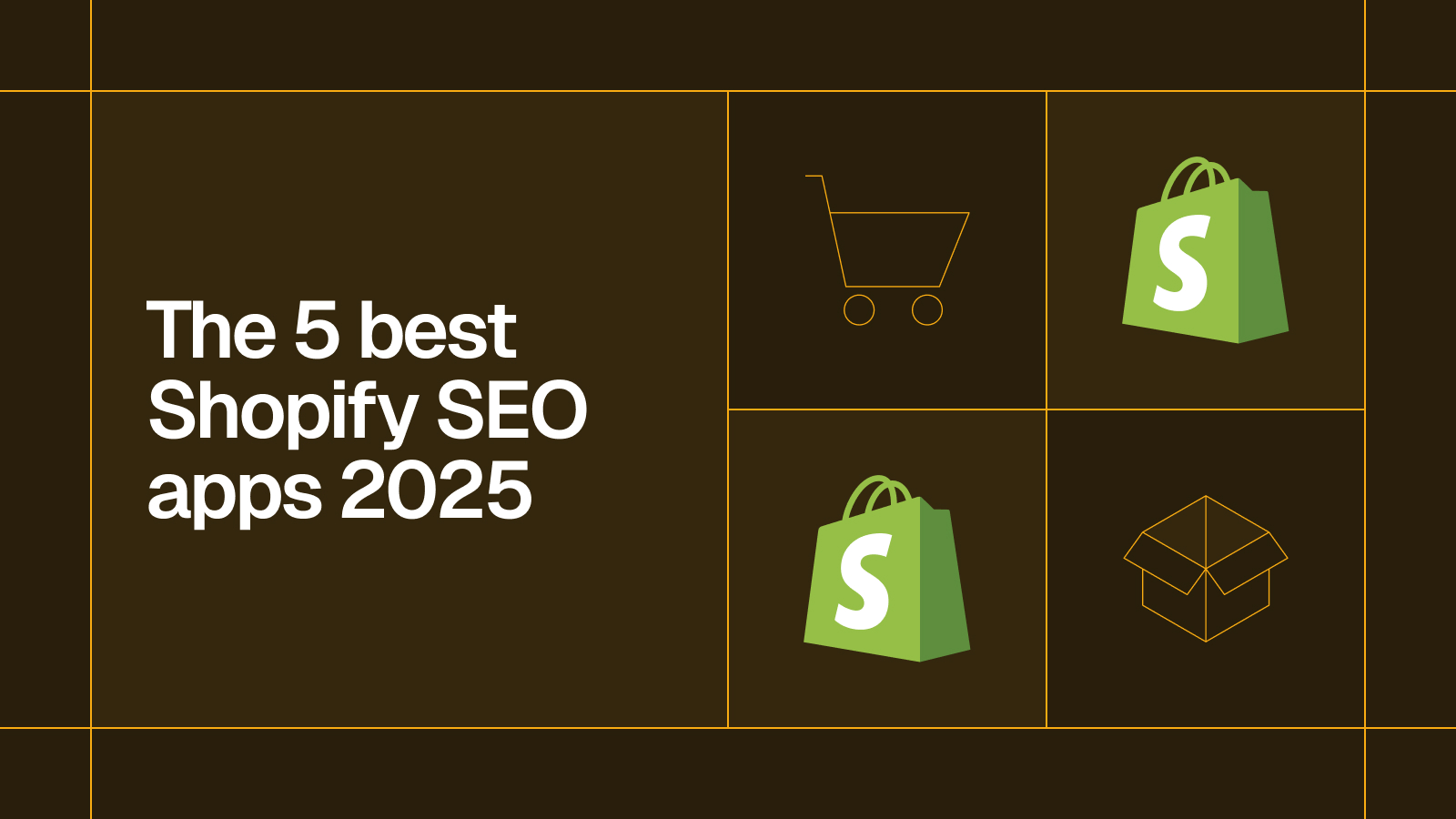




.svg)




.svg)


